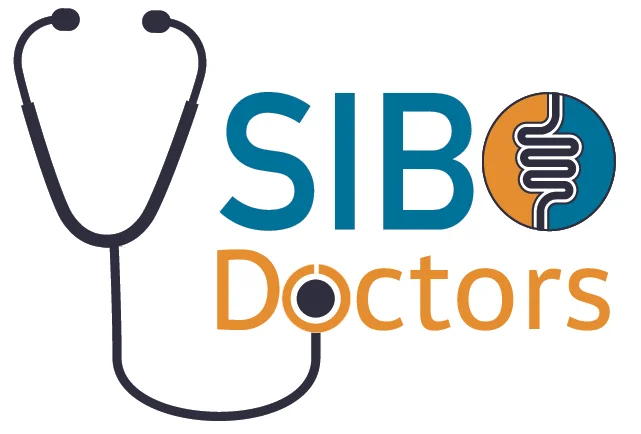If you’ve had a concussion in the past, you may have noticed your digestion was affected shortly thereafter. But what do concussions have to do with your gut? The answer lies within the MMC...
While the connection between IBS and SIBO has become more prevalent, well-trained physicians are now recognizing that a dysfunctional Migrating Motility Complex (MMC) sits at the root cause of the problem, and concussions can cause this dysfunction. Founding Naturopathic Principles include “treat the cause” and therefore Naturopathic Physicians always dig deeper into the “why” and in the case of SIBO, the MMC dysfunction.
Mild traumatic brain injuries (mTBI), also commonly referred to as concussions, are gaining more attention in the media and have been highlighted in mainstream movies and professional sports. There is a large body of research discussing how a mTBI affects the vagus nerve, ultimately leading to a loss of normal function. The vagus nerve is a predominant nerve of the parasympathetic nervous system (PNS), classically known as the “rest and digest” system and opposes the sympathetic nervous system (SNS), classically known as the “fight or flight” system. Both the PNS and SNS fall under the control of the autonomic nervous system (ANS), however both cannot be dominant at the same time. Following a mTBI, patients find themselves in a state of sympathetic dominance, essentially shutting down the PNS, and therefore affecting the normal functioning of the vagus nerve, slowing digestion dramatically, through the mechanism of the MMC.
Functions of PNS, including the Vagus Nerve
The MMC functions to move contents from the stomach and small intestine, to the large intestine. It is stimulated by fasting and inhibited by feeding, meaning when you eat, the MMC stops and resets. A study from 2013 indicated that the vagus nerve is essential for proper MMC function. In animals with with a cut vagus nerve, the MMC did not function well. The degree of control the vagus nerve has on the MMC is not completely understood, but it is clear there is a link between the two.
mTBI’s have been shown to increase the SNS, therefore slowing and impairing normal digestion and peristalsis waves that allow for transit (regulated by the PNS). With a lack of peristaltic waves, it allows for bacteria to continue to grow and divide in the local area as they are not being cleared down the gastrointestinal tract at the same rate. Bottom line - bacteria stays in the small intestine and does not move towards the large intestine fast enough. This allows for an overgrowth of bacteria in the small intestine, resulting in the patient experiencing SIBO Symptoms.
Gastrointestinal symptoms after a mTBI are very common, however are often overlooked. These issues can persist for years and even decades following an injury. If you, or someone you know has ever had a mTBI (aka concussion) and have had digestion that seems “off” since, then SIBO testing, with the Lactulose Breath Test, is absolutely necessary. By focusing on the whole person and the totality of symptoms, ensure SIBO is not overlooked in these patients, and aid in resolving digestive complaints.
The first step is finding a SIBO Doctor that can facilitate SIBO Testing, properly interpret the test results, address the root cause, and formulate the SIBO treatment to suit the individual needs of each patient with a long term focus on prevention of recurrence.
References:
Deloose E, Janssen P, Depoortere I, Tack J. The migrating motor complex: control mechanisms and its role in health and disease. Nat Rev Gastroenterol Hepatol. 2012 Mar 27;9(5):271-85.
Miyano Y, Sakata I, Kuroda K, Aizawa S, Tanaka T, Jogahara T, Kurotani R, Sakai T. The role of the vagus nerve in the migrating motor complex and ghrelin- and motilin-induced gastric contraction in suncus. PLoS One. 2013 May 28;8(5):e64777.
Teff K. Visceral nerves: vagal and sympathetic innervation. JPEN J Parenter Enteral Nutr. 2008 Sep-Oct;32(5):569-71.
Bansal V., Costantini T., Ryu SY., Peterson C., Loomis W., Putnam J., Elicieri B., Baird A., Coimbra R. Stimulating the Central Nervous System to Prevent Intestinal Dysfunction After Traumatic Brain Injury. J Trauma. 2010 May; 68(5): 1059–1064.


